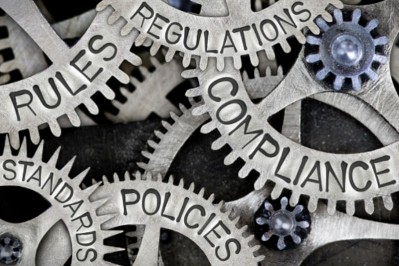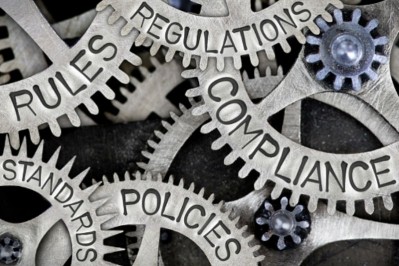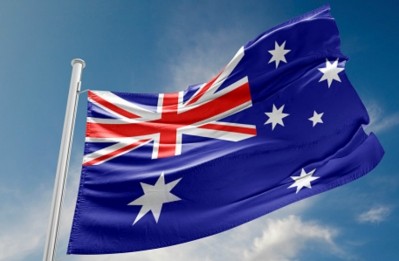Not COVID-19 retaliation? Analysts claim Australia-China trade war is ‘over-sensationalised’
Tensions between Australia and China started running high back in May/June over barley tariffs and beef bans - this has been deemed to be nothing new nor solely due to ‘punishing behaviour’ over COVID-19, according to several trade consulting experts.
Rumours have run rife in the industry about how Australia’s call for an international investigation into the origins of COVID-19 resulted in retaliatory responses by China, most notably by slapping an 80% tariff on barley imports as well as banning meat imports from four of Australia’s largest meat processors.
This was viewed as ‘comebacks’ and ‘trade retaliation’, but trade consultants in Australia have argued that this may not be the case.
“Given the current political climate, it is easy to say one party felt attacked and took action [to retaliate] but in fact, if you take a closer look at it, COVID-19 is unlikely to be the sole reason or main motivating factor behind such major trade moves, there are definitely other driving forces behind it,” trade policy consultancy ITS Global Director and international trade expert Jon Berry told FoodNavigator-Asia.
“The case of the meat/beef bans were due to technical export issues including the incorrect labelling of cartons, hormone growth promotant (HGP) status, and animal health certificates – and in fact, this suspension is nothing new. Back in 2017, some of the same meat processors also got banned for three months due to labelling issues.
“As for the barley tariff, this was the result of what we call an anti-dumping investigation, which is generally linked to domestic interests. So it’s far more likely that China is looking to protect its local producers, and remedy any perceived damage caused by barley imports with this tariff.”
Read the full story here.
























